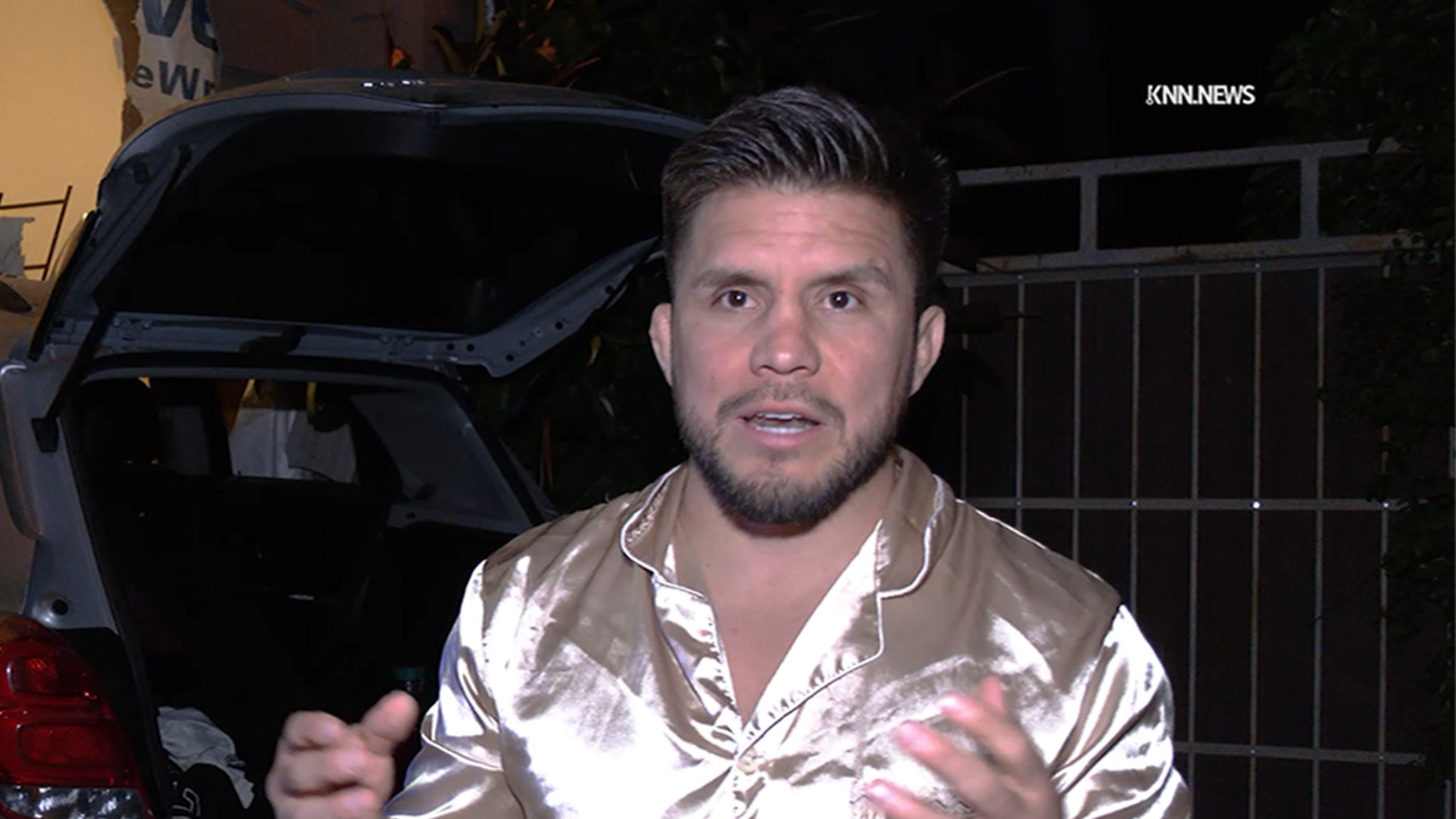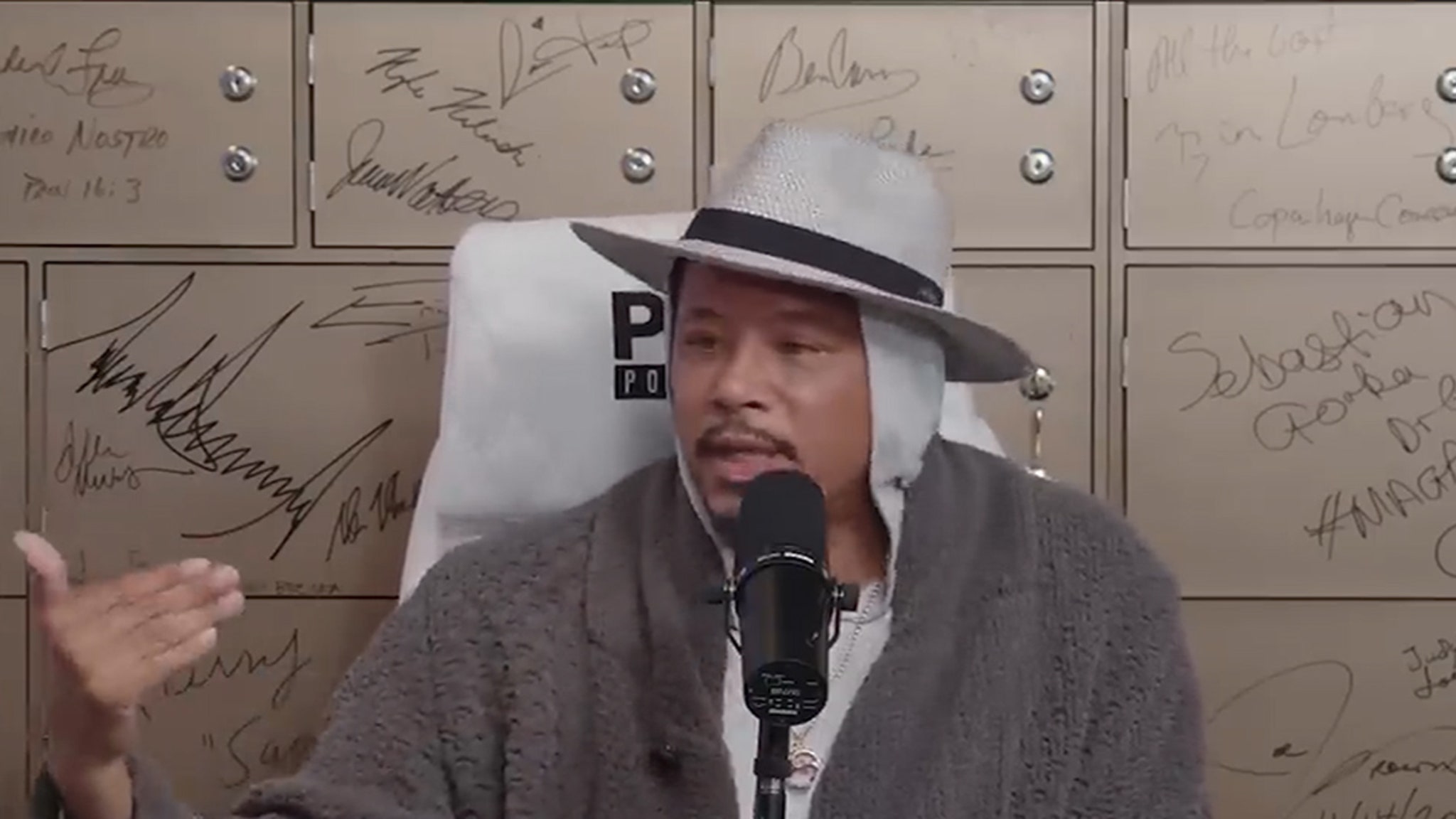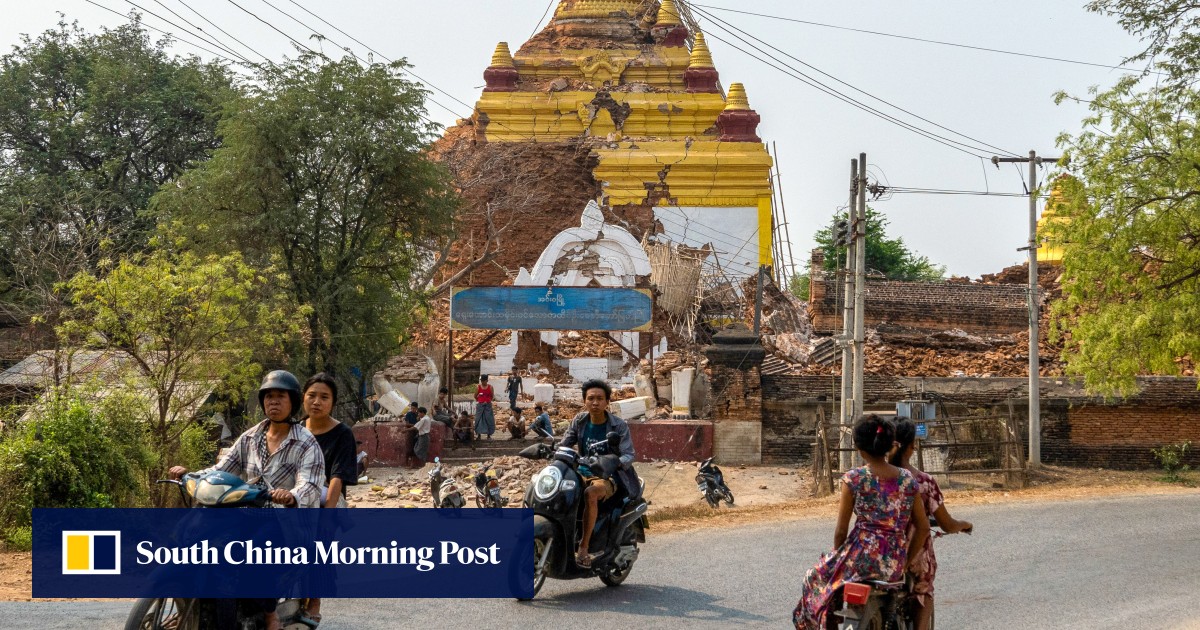European powerhouse Studiocanal, part of the Canal+ Group, is bringing to market at Series Mania awaited crime thriller “The Corsican Line,” which toplines Raphaël Acloque, a lead in “24: Legacy” and Lina El Arabi, absolute star of 2024 Netflix smash “Furies,” one of its best performing French series of all time after “Lupin.”
A Canal+ Création Originale, “The Corsican Line” also reunites “Mafiosa” writer-director Pierre Leccia and Mediawan’s Image et Compagnie, headed by Nicole Collet.
Unspooling in Corsica against spectacular settings, “The Corsican Line” combines crime and family, arguably the two biggest draws of scripted entertainment, with a tale offering a knowing immersion – Leccia is a Paris-based Corsican – in Corsica, its people, its ways and its ruthless mafia underworld.
Soon to bow on French paybox Canal+, though no specific date has been announced, “The Corsican Line” kicks in with Reda (Acloque) walking free from Corsica’s grim Borgo penitentiary having served 10 years down by law for a bungled heist, refusing to grass on partner Jean-Do. In parallel, estranged sister Inés (El Arabi), a go-getting young magistrate, arrives to help spearhead Corsica’s newly formed Anti-Mafia Unit.
When Reda is shown there’s now no place for him working aside Jean-Do, he pacts with Inés in a dangerous alliance to bring down merciless mafia godfather Carlotti’s empire from within. “As bodies pile up, their fight for justice may come at an unbearable cost,” the synopsis ends.
Variety sat down with Leccia and Collet before Series Mania to talk about Studiocanal’s latest and distinctive addition to its bracing genre arsenal, already ranging from action packed “Has Fallen” franchise to underworld power-play drama “A Prophet” and WWI super soldier series “Sentinels.”
At 31% of European scripted commissions, 2024 H2, according to Ampere Analysis, crime remains the most important genre in Europe. So a key challenge is to deliver original crime dramas. Where does “The Corsican Line’s” originality lie?
Leccia: Yes, there are indeed a lot of crime dramas. What we’ve tried to achieve is a mix of two different genres: crime, of course, but also love story in the large sense of family bonds, those of friendship. Just like the series’ central character Reda is between two worlds, between two communities, the Arab and Corsican, its story braids two genres.
Also, the crime is singular in several ways: the clear and constant mortal danger of the mafia….
Leccia: Yes, that’s how it goes. The reality is that if you just dip a finger in mafia business, it’s like an octopus, you’re eaten up entirely by the system. That’s what happens to Reda.
You’ve mentioned Reda’s being between two worlds. “The Corsican Line” also deals in larger issues, such as belonging and identity.
Leccia: The essence of a community is its self-containment. Coming from two communities, Reda doesn’t experience a double sense of belonging, but a double rejection. You can’t belong 50%. The problem’s in the criminal underworld for people who are not recognised as being from a specific community. Reda’s problem as he recognises is that he’s too Corsican for Arabs and too Arab for Corsicans.
Episode 1 has some superb settings: the beach where Reda swims in the sea, the first thing he does when getting out of prism, or the mountain viewpoint of the city and sea below, where Inés and Reda meet in secret. I suspect these settings repeat throughout the series….
Leccia: Absolutely. Corsica is a mountain in the sea. It was the first character cast.
Nicole Collet: We shot six months in Corsica, with some financial help from the region. There is a very strong theater culture and a lot of them on the island, providing a great pool of Corsican actors. Since we have made “Mafiosa”, which ran to five seasons, there are also a lot more Corsican technicians and service providers.
And how, Nicole, does “The Corsican Line” fit into the production strategy of Image et Compagnie?
Collet: We produce for Canal Plus+, shaping “The Corsican Line” to its tastes. I also often work for with Arte, making series and one-off films. Many of my productions adapt modern books. I usually work with directors who also write.
Leccia: I’ve worked with Nicole for a long time. She’s closely involved in projects, in their writing. For writer-directors it’s enjoyable to have a partner like that.
Image et Compagnie forms part of Mediawan….
Collet: Yes, a big group. But my company is quite special, just me and an assistant. I follow projects from the very beginning to end. I’m an artisan, a craftsperson. I want to keep this boutique character, with a small team, so that I’m sure to only make film or series I’m particularly passionate about”
And as a writer-director, Pierre, what would be your hallmarks as an auteur?
Leccia: I love to tell stories on which I have a point of view. On some things I have nothing to say. I know Corsica well, however, and do have a post of view. “The Corsican Line” isn’t just a mechanical crime drama. What I’m really interested is talking, telling stories about people, emerging viewers in their professional and personal lives. That’s what makes “The Wire,” for example, an exceptional series.

 By Variety | Created at 2025-03-24 07:05:24 | Updated at 2025-04-05 12:59:24
1 week ago
By Variety | Created at 2025-03-24 07:05:24 | Updated at 2025-04-05 12:59:24
1 week ago








